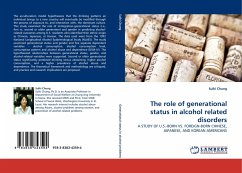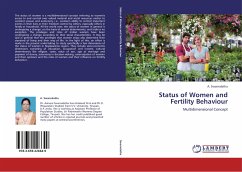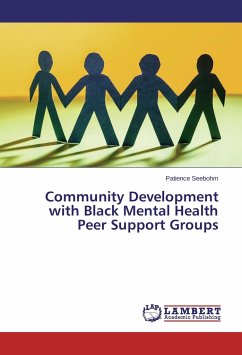Peer rejection has been considered as one of the most important phenomena. Over the last two decades, researchers have paid considerable attention to gain deeper understanding of the phenomenon of peer rejection. The importance of rejected peer status for our social and communal life leads to examine social experiences and self perceptions of such children. Investigating social worlds of rejected children gives a better opportunity to evaluate their situation from an educational perspective as well as a sociological one. The primary focus of this book is to deepen understanding of the meaning and the significance the social world has for children who are rejected and to gain deeper insights into how they structure their worlds to develop their own explanations for their social interactions with peers. The current study, which is supported by symbolic interaction theory, employs an ethnographic approach to investigate the social-worlds of rejected children. Characteristics, short-and long-term consequences, educational aspirations, and intervention strategies of peer rejection are the main concepts being discussed in this book.
Bitte wählen Sie Ihr Anliegen aus.
Rechnungen
Retourenschein anfordern
Bestellstatus
Storno








